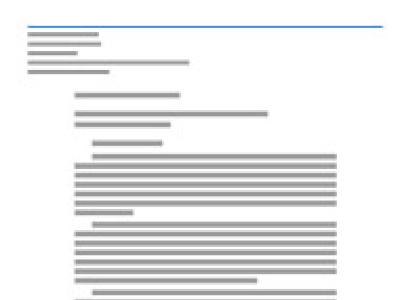
Following the dissolution of the Egyptian parliament by the Egyptian Supreme Court in June 2012, the security forces conducted a search of the parliament building. Among the 'shocking' secrets they revealed to the public was evidence that parliamentarians - predominantly from the Muslim Brotherhood affiliated Freedom and Justice Party - had prepared an alternative budget to that of the interim government. In many democracies around the world, such a role for a parliament is an accepted norm. In the Middle East and North Africa (MENA) region it is very much an exception.
Parliaments in the Middle East and North Africa region have been at best reactive and at worst pliant tools of the executive. In the aftermath of the so-called 'Arab Spring', elected representatives must be empowered to hold executives accountable, and to address the concerns of their constituents in an effective manner. M. Steven Fish has argued in The Journal of Democracy that the strength of a national legislature may be 'the institutional key to democratisation'. In choosing which system to adopt, MENA countries can draw upon lessons from parliaments in other countries around the world that have recently emerged from dictatorships.





